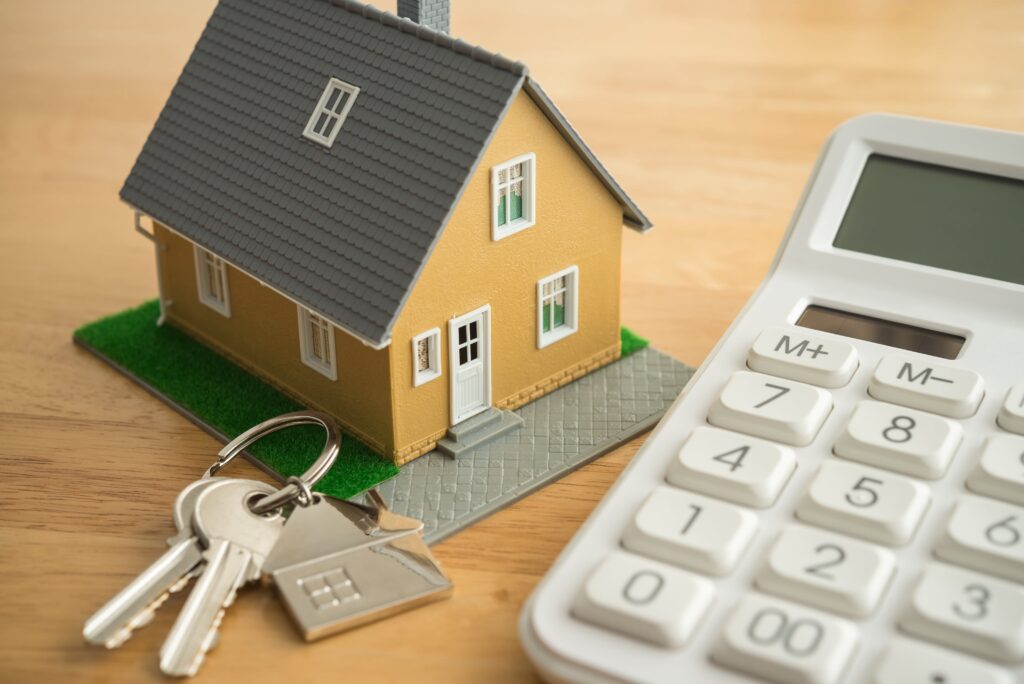What happens to your mortgage when you sell a house and don’t buy another?
Selling a house with a mortgage is a common practice in the UK, but not many people sell up with an outstanding mortgage balance and then don’t buy a house again.
When selling a house, people usually apply for a new mortgage and use their house sale towards the new property. But if there isn’t another property in the chain to purchase, what happens to your current mortgage deal?
The experts at GD Property Solicitors have dealt with this exact situation many times, so we know what to do. Continue reading this insightful guide to find out.
Can you sell a mortgaged property?
Yes, you can sell a property with an existing mortgage loan in place. Selling a house with a mortgage is one of the most common methods of selling property in the UK.
If you’re thinking about selling your home with a mortgage, there are a few things you must consider first, such as early repayment charges.
Check with your mortgage lender. If there are charges for an early repayment of your mortgage, you must account for this in your budget and financial circumstances post-house sale.
When selling a house, the income from the sale is used to pay off your mortgage. If the value of your house sale is more than the outstanding balance on your mortgage, you’ll receive the difference as profit. However, if you sell your home for less than the outstanding balance, you must pay the difference.

What happens to my mortgage payments when I sell my house?
In most cases, your mortgage broker or solicitor will liaise with your mortgage lender to obtain a redemption statement. This provides the final amount due on your mortgage.
The money raised from the sale is then used to pay off the remaining balance of your mortgage, arranged by your solicitor.
Any remaining funds will then be transferred to you, and you’re no longer required to make mortgage payments on the property.
However, if you do have some outstanding fees, mortgage debt or penalties, like early repayment fees, you’ll still be responsible for paying them.

How to sell a property with an existing mortgage loan
Selling a house with a mortgage is similar to selling one without, just with a couple of additional steps. You still require the services of a conveyancing solicitor, and you must still list your home on the property market.
Speak to your mortgage lender
Before placing your house on the property market, speak to your mortgage lender to discover if there are any early repayment charges for paying your mortgage off earlier than the agreed date.
Get your property valued
Before selling a house with a mortgage, you must determine its value. From that figure, you can work out if you’re able to pay off the remaining balance of your mortgage.
The valuation can also be a defining factor in your decision to sell the property. If the figure quoted to you by multiple estate agents isn’t as high as you’d have liked, you could hold onto the property for a little while longer.
Hire a conveyancing solicitor
Once you’ve decided the price you’ll be selling your property for, it’s time to hire a conveyancing solicitor to handle the sale, arrange contracts and perform checks.
In the UK, it isn’t mandatory to hire a conveyancing solicitor, but it’s highly recommended that you do. The conveyancing process is tricky and complex, and requires knowledge and expertise to work through.
An experienced conveyancing solicitor, like the team at GD Property Solicitor, can handle everything for you behind the scenes, efficiently and professionally.
List your property on the market
Now, it’s time to list your property on the market and invite prospective buyers in for viewings. You can list the property with local estate agents or list it yourself in online listings where you control bookings and viewings and avoid estate agent fees.
If you’ve attracted enough interest, you should start receiving some offers. Hopefully, they’re near your asking price!
Accept an offer
If you’ve received an offer you’re happy with and you like the buyers, you can accept the offer and move ahead with the sale.
You must inform your conveyancing solicitor that you’ve accepted an offer, and they’ll do the rest, liaising with the buyer’s solicitor to discuss terms.
Complete the house sale
Once the conveyancing process is complete, they should receive the funds from the buyer’s solicitor. From there, they can pay off the remaining balance of your existing mortgage deal and distribute the proceeds of the sale to you, should there be any profit.
You’ll pay the conveyancing solicitor for their services, and everything is complete!

Speak to expert conveyancing solicitors
So, are you ready to get things started on your house sale? We can help! At GD Property Solicitors, we’ve helped thousands of people around the UK secure the sale of their homes, whether they have a mortgage or not.
If you’d like to speak to our specialist team of conveyancing solicitors for selling a house, get in touch today by calling 0161 710 1786.
